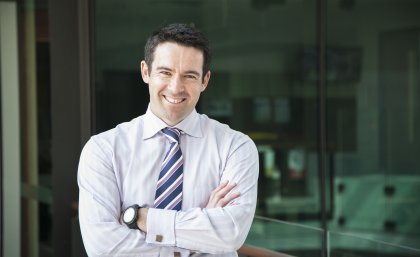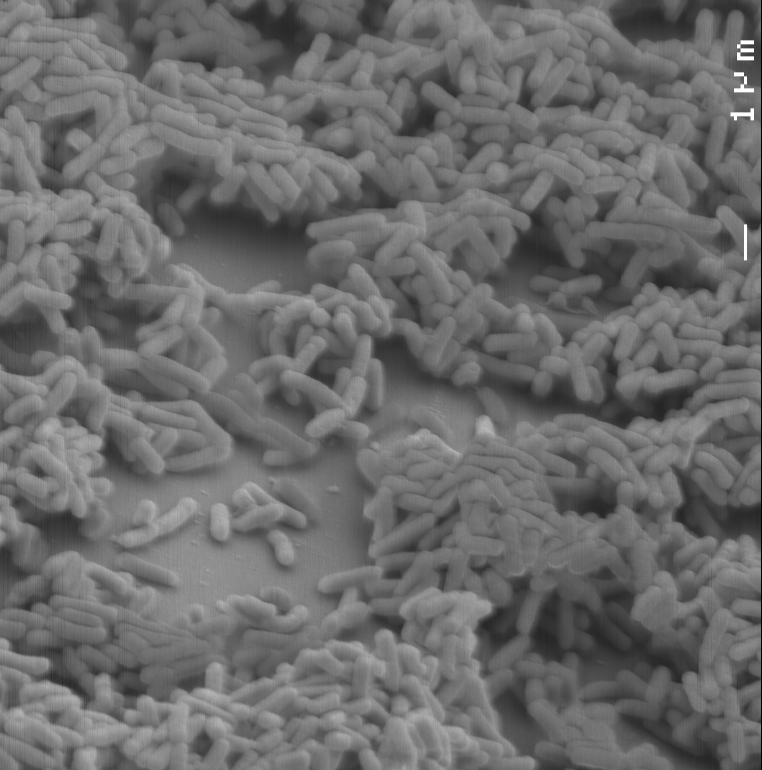
Antimicrobial researchers at The University of Queensland are focusing their attention on one of the biggest sources of antibiotic resistance in the world.
Professor Jason Roberts said biofilms – communities of bacteria which form protective mechanisms to stop antibiotics working properly – were a major problem that affected many vulnerable patient groups.
“Biofilms are very common and it can take a long course of antibiotics to get rid of them,” Professor Roberts said.
“Unfortunately, long courses often lead to antibiotic resistance, which can cause patients to die.
“Cystic fibrosis patients for instance are very hard to treat because of these difficult-to-eliminate biofilms that form in their lungs.
“Patients in intensive care units can have biofilms form on the tubes that are in their lungs, on IV lines or on urinary catheters.”
 Professor Roberts leads UQ’s Centre of Research Excellence in Redefining Antimicrobial Use to Reduce Resistance, a NHMRC-funded research centre which aims to redefine antibiotic use and overcome antibiotic resistance.
Professor Roberts leads UQ’s Centre of Research Excellence in Redefining Antimicrobial Use to Reduce Resistance, a NHMRC-funded research centre which aims to redefine antibiotic use and overcome antibiotic resistance.
“Our researchers are the leading generators of knowledge of antibiotic dosing for severely ill patients in the world, and an important focus is to develop better dosing strategies to combat biofilms.
“We believe if we can get in early enough and quickly enough with the right dose of antibiotics we could prevent these biofilms forming.
“One of the main aims of the centre is to test whether higher doses of antibiotics are more effective than what we use now.
“We believe that standard doses can allow bacteria to regrow in some cases and it may well be that higher doses are more effective for biofilms as well.”
Some of the world’s leading researchers in antibiotic dosing will be in Brisbane on 16 November to discuss new approaches to combating biofilms.
“This symposium will be telecast state-wide to more than 15 intensive care units in Queensland and will coincide with Antibiotic Awareness Week 2016, an initiative endorsed by the World Health Organisation,” Professor Roberts said.
Speakers include Professor Jeffrey Lipman, Director of Intensive Care Services at RBWH and Director of UQ’s Burns, Trauma and Critical Care Research Centre, and Professor Mark Schembri, an NHMRC Senior Research Fellow in the UQ’s School of Chemistry and Molecular Biosciences.
“We’re focusing on a very serious clinical problem from both scientific and clinical management perspectives to try and develop a framework for how to solve this challenge,” Professor Roberts said.
Media: Professor Jason Roberts, j.roberts2@uq.edu.au, +61 7 3646 4108; Bernadette O’Connor, bernadette.oconnor@uq.edu.au, +61 7 3365 5118, 0431 533 209.
.jpg)



